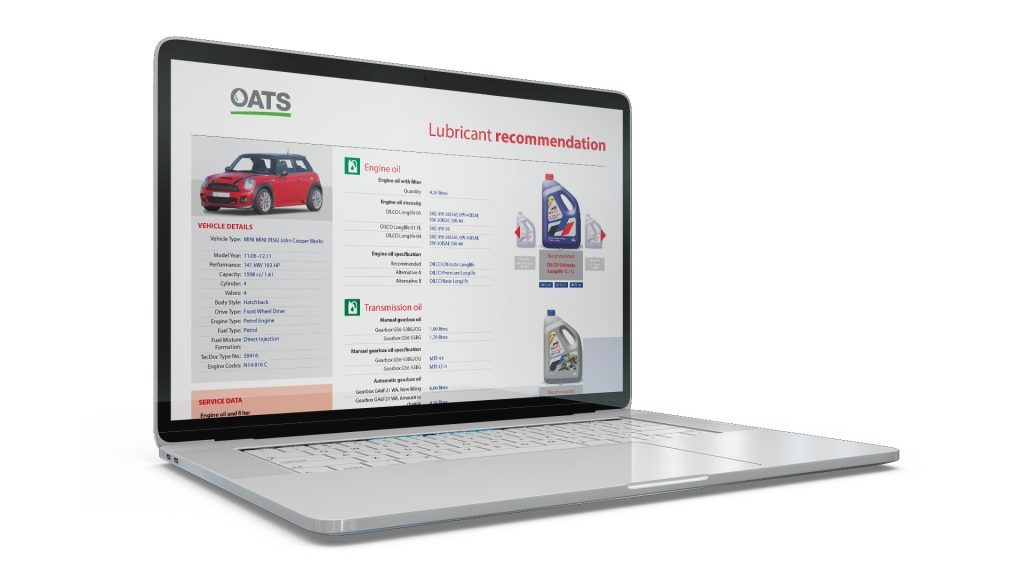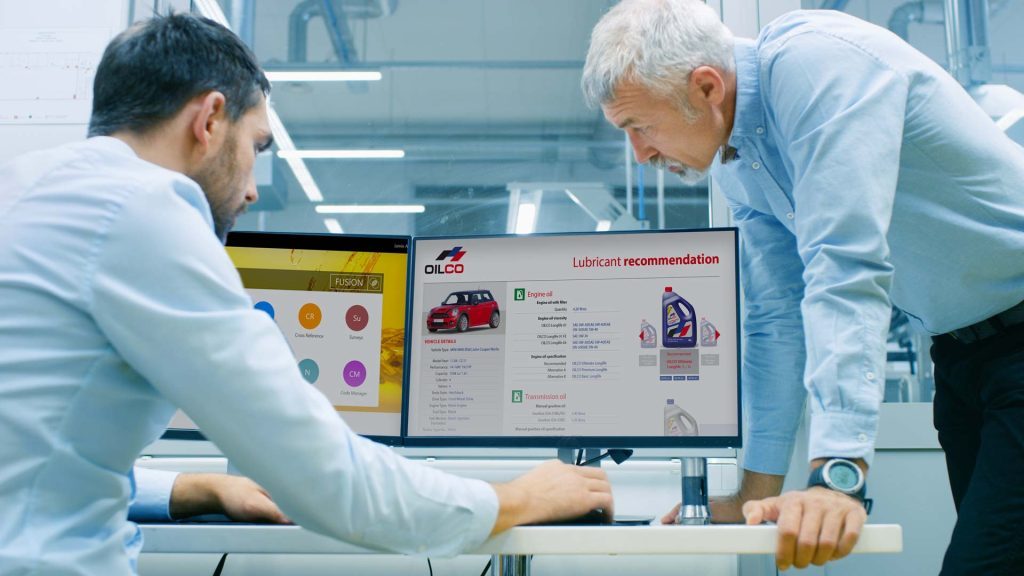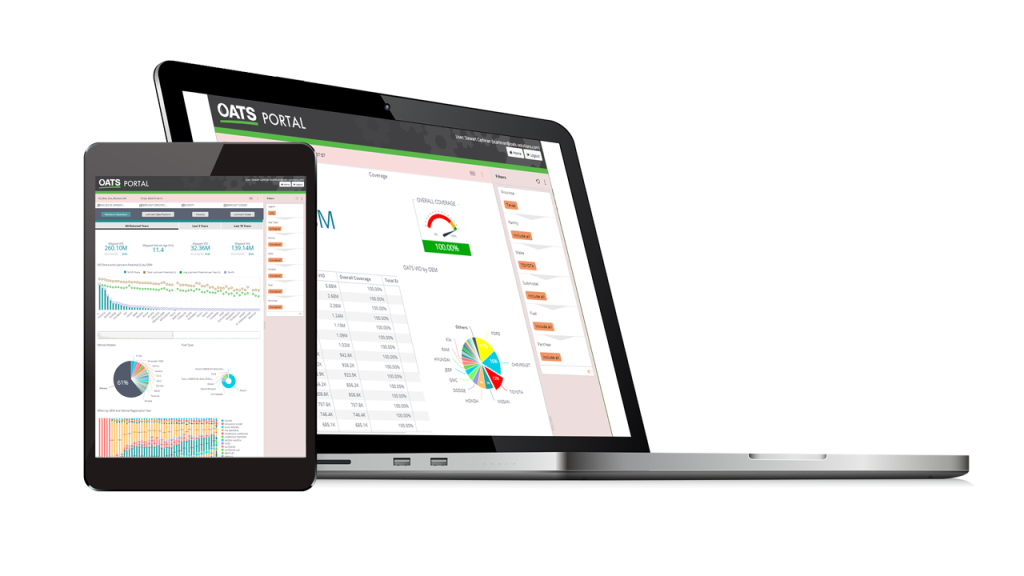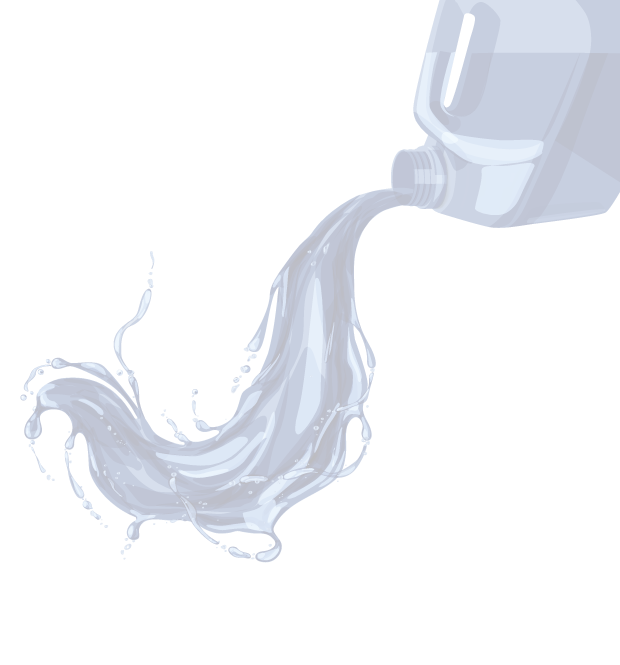OATS: The most advanced Vehicle Oil and Lubricant Database on the Market.
Increase the efficiency of your lubricant distribution business with our powerful database of oils and lubricants. Enhance your product portfolio to grow your business.
Let’s discover OATS
OATS is the leading Vehicle Lubricants Database that offers efficiency improvements to lubricant manufacturers and the aftermarket sector.
For over 35 years, OATS has been the world’s foremost vehicle lubricants database, transforming the way lubricant product lines are managed and marketed. We excel in enhancing the sales performance of lubricant manufacturers, oil blenders, distributors, and networks through the provision of powerful data insights.
We are the leading global supplier of OE Data for the lubricants industry. Our expertise ranges from SaaS offerings for B2C and B2B solutions to the deployment of an experienced specialist support team offering expertise and advice.
Using a unique vehicle lubricant database and grading system, we provide tailored products to meet your specific oil and lubricant needs.

OATS, the most advanced oil and lubricant database on the market. It ensures effective management of your business as a lubricant manufacturer, oil blender or distributor. Acquire new customers by using our vehicle lubricants database, which boasts a 99% VIO coverage.
Get a taste of our expertise
Empower your business with a software made for oil and lubricant specialists.
OATS Benefits
A useful tool with evident benefits for your company
A dedicated team of consultants to support you throughout your project:
Infopro Digital Automotive excels in delivering tailored solutions to your queries by utilising our team of experts in the OATS product. We ensure precision by providing lubricant solutions that align with your specific requirements.
Efficient product identification:
Locating the right lubricants quickly is simple with OATS. Each product is detailed, with complete specifications and descriptions, enabling you to find exactly what you need.
Full oil and lubricant management information:
Our Vehicle Lubricants Database offers access to a wealth of detailed information, including an oil and lubricant glossary, viscosity charts and more. It is a one-stop source of lubricant data
Data integration across multiple platforms:
Our top priority is to ensure seamless data integration. This is achieved by the reliability and flexibility of our data exchange feed (API). OATS can be incorporated effortlessly into any customer environment, guaranteeing the smooth distribution of key information.
OATS Exclusive Services
OATS is an advanced services and solutions company for the vehicle lubricant industry.
OATS offers a suite of tailored technological solutions for the modern vehicle lubricant industry. These range from the advanced Cross Reference service to the comprehensive Product Match, ensuring efficiency and accuracy. Join the ranks of professionals leveraging our competitive intelligence tool.


Lubricants Data
Facts & figures
-
15 %VIO COVERAGE
-
+ 11 000CAR & LCV MODELS
-
+ 15LV AND MOTO MAKES
-
+ 4Global Car & Van Datasets
Are you interested in integrating OATS into your lubricant business?
Contact our team of consultants who will be able to advise you.


OATS Key Features
Top Highlights of the OATS Automotive Vehicle Lubricants Database
- fast integration through API in catalogues and websites
- manage lubricant business efficiently
- attract new customers
- extensive vehicle coverage
- improve efficiency and identify opportunities
- technical precision
- improve the orientation of the sales tactics or the sales strategy
- secured data